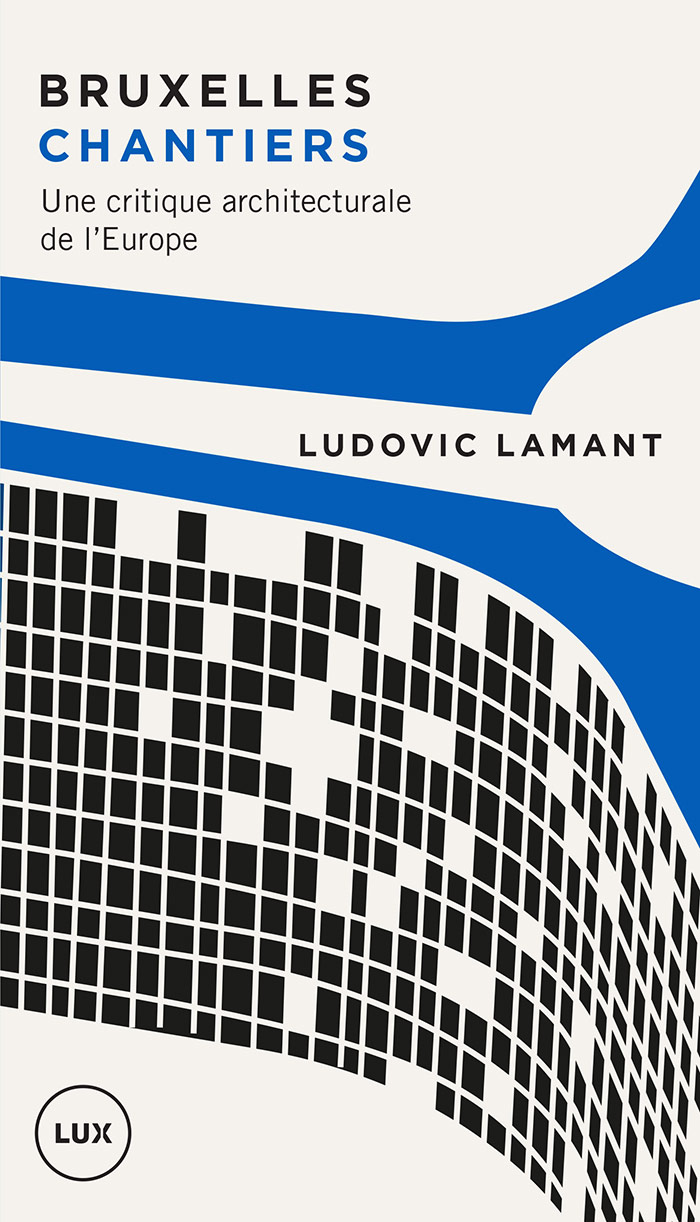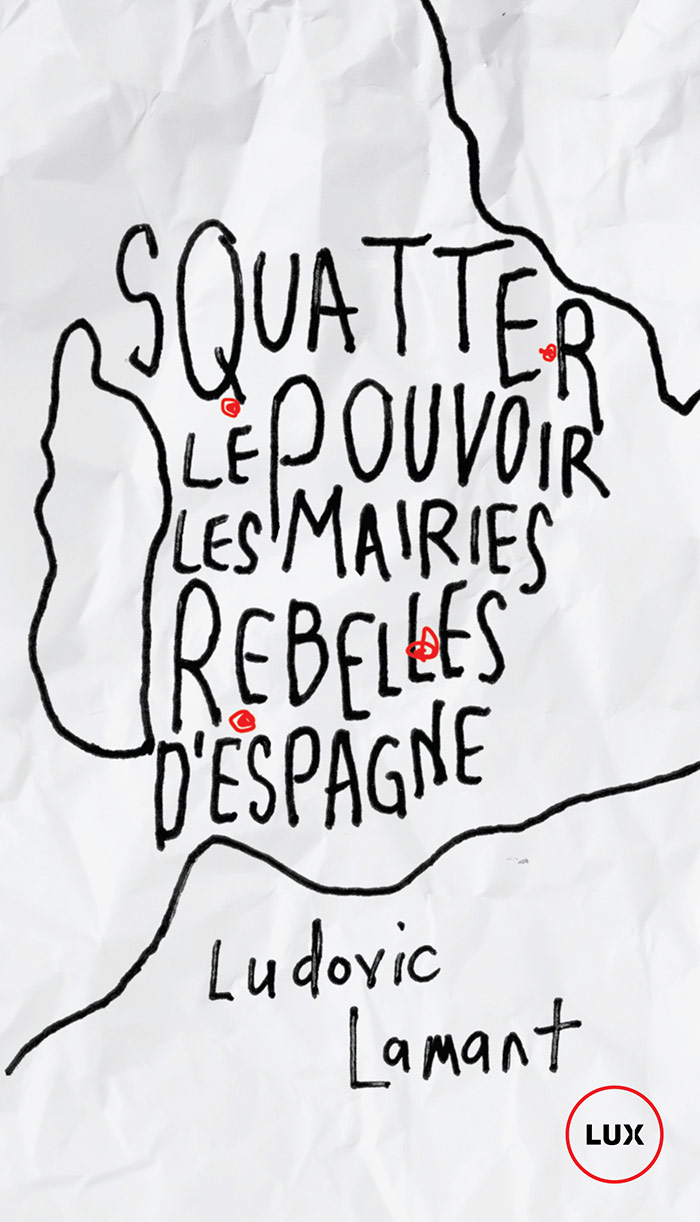Sous-total: $

LUDOVIC LAMANT
Ludovic Lamant is a member of the editorial board of the independent news site Mediapart. From 2012 to 2017 he was the Brussels-based correspondent and covered the European and Spanish crises.

BRUXELLES CHANTIERS
Une critique architecturale de l'Europe
256 pages
Released: 18 October 2018
Nobody understands anything about Europe anymore, its indigestible treaties, its never-ending crises. Taking the expression «european construction» literally, Ludovic Lamant explores the most visible dimension of the EU: its institutional buildings. Wandering through the streets of the city he loves, the author meets not only the architects and urbanists who designed the European quarter, but also, tellingly, those who were barred from doing so. He encounters the members of parliament and civil servants who make Europe work on a daily basis and those bent on reforming it. The four one-way lanes of the rue de la Loi («Law street»), the wind-corridor of the Solidarnosc esplanade, the caged «space egg» in the new EU Council building: the architectural clutter that disfigures the Belgian capital symbolizes the transformation of a promising political project into a bureaucratic machine. A stroll through the young ruins of an old dream that may still be alive.
Rights Sold: .

SQUATTER LE POUVOIR
Les mairies rebelles d'Espagne
224 pages
Released: 03 November 2016
What if it was in the cities that a social Europe were to come to life? If mayors were to bring about this imagined community, disfigured by the banks, the troika, and mediocre economists? Such are the hopes that current-day Spain has to offer us. Far from the stuck-up arrogance of austerity, indignant and rebellious city halls have sprung up in dozens of cities, including Barcelona and Madrid. Despite the promises of Podemos, Spanish national politics are stammering. But at the municipal level, strong and charismatic figures, such as the squatter Ada Colau and the anti-Franco judge Manuela Carmena, are exploring new ways to do politics.
Ludovic Lamant met dozens of women and men belonging to this civic wave that has flooded across Spain. Alternating between testimonials, journalism, and political analysis, he retraces the political, historical, and social origins of the phenomenon and proposes an initial assessment. A portrait of unprecedented citizen platforms in Europe, this story of an enduring uprising also proves to be a tool box for other movements defending the commons elsewhere in the world.
Rights Sold: .
 Mon compte
Mon compte



